It’s a story almost all of us know; One man, whose great ambition is to harness the hand of God for his own pride, and his creation, brought into this world unwillingly, fighting to be accepted by his creator. Guillermo Del Toro, visionary and Oscar-winning director, has finally brought his long-awaited adaptation of Mary Shelley’s legendary novel Frankenstein to life. A life-long passion project for the acclaimed Mexican filmmaker, it had a limited stint in theaters from October 17th, before a worldwide release on Netflix on November 7th. With ornate and lavish design, fantastic performances, and a heartfelt reinterpretation of the source material, Del Toro has created his quintessential film, emblematic of his style in every way, a simultaneously epic and intimate look at what happens when men become monsters, and monsters become men.
Del Toro is no stranger to adaptations, between his cult-classic Hellboy duology based on Mike Mignola’s comic series of the same name, or his recent adaptations of Carlo Collodi’s Pinocchio and William Lindsay Gresham’s Nightmare Alley. He first voiced interest in adapting Shelley’s novel in 2007, proclaiming his adoration for a then-recent script by Frank Darabont of The Mist fame. Ultimately, the project fell apart due to the 2008 writers strike, and Del Toro expressed how the project was a lifelong desire, so he refused to give it up entirely.
Frankenstein to me is the pinnacle of everything, and part of me wants to do a version of it, part of me has for more than 25 years chickened out of making it. I dream I can make the greatest Frankenstein ever, but then if you make it, you’ve made it. Whether it’s great or not, it’s done. You cannot dream about it anymore.
Subsequently, in 2023, following his deal with Netflix after the success of Pinocchio, the project was revived, quickly taking shape into what it has become now. The only major difference is Andrew Garfield’s absence, having to step away from the project due to scheduling conflicts after the SAG-AFTRA strike.
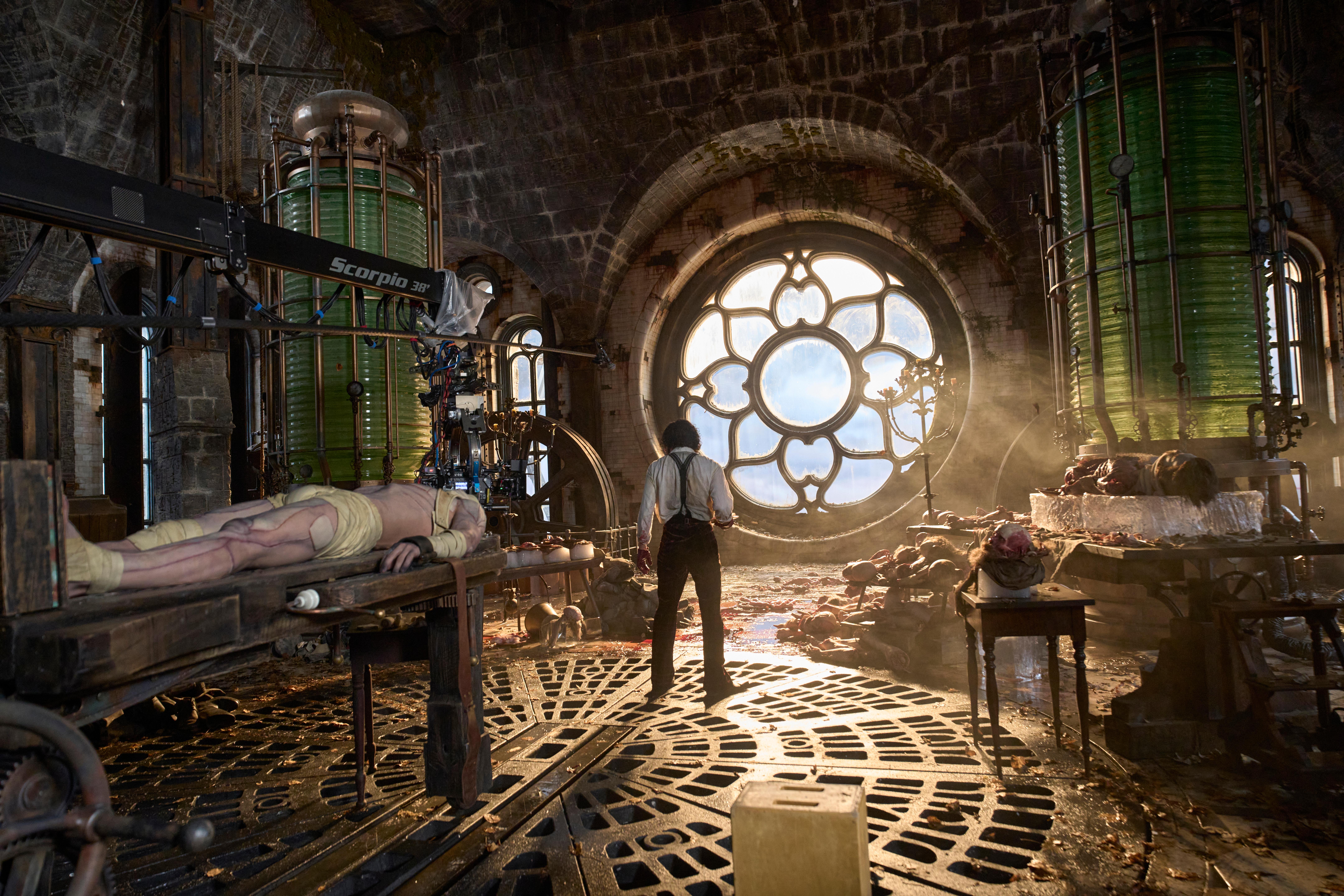 Courtesy of Netflix
Courtesy of NetflixMost readers will be familiar with the basic plot of Frankenstein, but Del Toro’s version functions a bit differently to the original novel in some regards. Baron Victor Frankenstein, born to wealth and prosperity, spends his life figuring out how to ‘reverse’ death after his mother dies young. His father, abusive and uncaring, leaves little in the way of finances to support his son, who finds a benefactor in Heinrich Harlander, an arms dealer. Alongside Victor’s brother William and his fiance Elizabeth, Victor tries to create a man from nothing. The film is structured in two halves, with the first hour and a half focused on Victor’s life and story, whilst the last hour focuses on The Creature and his quest to make peace with his creator. There’s additionally the inclusion of the novel’s frame narrative, which sees Victor taken in by a crew aboard a ship frozen in the arctic, as its captain listens to his story. That element of the novel is actually rarely adapted for the screen, so it’s nice to see it here, and lends a flavor to this adaptation, a looming tension that helps its propulsive energy be maintained over its lengthy runtime.
The film’s script, written by Del Toro, restructures the novel, which is written in epistolary format. The book is effectively a collection of letters, documents and notes, combined to make one epic narrative. By focusing on the characters, Del Toro removes some of the technicality of the novel, and focuses more on the emotional impact. Nearly an hour passes into the film before The Creature is even born, as opposed to five chapters into the book, but the film moves with such an intense, propulsive energy that you hardly even notice it. It earns the runtime and then some. Del Toro has never been the strongest writer, but he’s doing a good job here, adopting the style of dialogue and voice of the novel. It’s an energetic, lively script with a ton of energy, and it often lifts dialogue wholesale from the text. However, it will move it to different moments, thus keeping the dialogue whilst still feeling like a reinterpretation.
 Courtesy of Netflix
Courtesy of NetflixDel Toro’s adaptation does make other major differences when reinterpreting Shelley’s novel, mainly shifting the characterizations of the core cast in order to reinforce the change in thematic focus. Victor’s father is vile, mean-spirited, and controlling as opposed to doting and incompetent. Victor’s closest friend, Henry, is nowhere to be found, replaced with the machinations and manipulations of Heinrich Harlander, Elizabeth’s uncle. Both of these changes are to underline Victor’s lack of empathy towards others, and provide a solid emotional throughline to the film. Elizabeth’s relationship with Victor is changed as well, no longer pseudo-incestous and betrothed but instead a tumultuous and ever-shifting emotional dynamic that toes the line between loving and loathing one another. However, large portions of the film are still fiercely devoted to Shelley’s original text, lavishly and beautifully rendering entire scenes straight from the book or entire sequences of dialogue, especially the 1831 revised text. I should point out that this is one of the first major adaptations of the novel to truly commit to The Creature’s long hair and ephemeral beauty, something I have craved out of a Frankenstein adaptation for years and finally received.
Technically, the film is a marvel. The sets are wonderfully built and rendered in excruciating detail, creating beautiful and haunting locations that make the world and setting feel alive. The costumes by Kate Hawley are nothing short of extraordinary; whilst it throws any semblance of historical accuracy out of the window, the costumes are vibrant and stunning at every turn. It gives the film a bold and intense visual style, almost akin to something like Bioshock, infusing the story with a steampunk sensibility that’s beautifully rendered. It’s shot incredibly well, with a moving and energetic camera, constantly showing off the beautiful visuals at every turn. When the film slows down to hone in on the quiet and the intimate moments, it’s stunning, leading to some of the strongest shots in the film and more often than not, overwhelming doses of sincere emotion.
 Courtesy of Netflix
Courtesy of NetflixOscar Isaac’s performance as Victor Frankenstein is sure to divide, but it’s something that worked for me. It definitely veers into the realms of camp and soap opera, but it factors into part of the character. Victor’s ruthless ambition is fueled by delusion, his visions of a dark, bloodied angel motivating him to try and challenge the very nature of life itself. He believes himself to be the center of his universe and pays little regard to the wishes or beliefs of others. Even when he claims to care for others, he will actively go against their wishes, such as Elizabeth wanting to simply be his friend as opposed to his lover. His character is not lacking in depth, even if it is a big and more flashy interpretation. His version of Victor is simply a theatrical man, who hides his pain behind a pompous act of performance. There’s a profound anger that motivates this character, and a true lack of love in his life that compounds that into rage. In a way, he’s cursed to his fate from the moment his mother dies, simply a ticking time bomb until it explodes and erupts after the creature is born. It’s a fantastic performance and character in my opinion, one that I’m sure will inspire hatred in the audience in just the right way.
If you’re not to award me love, then I will indulge in rage.
Christoph Waltz is great at Harlander, who is a noticeable supporting presence in the first half of the film. He effectively functions as a pseudo-paternal figure for Victor, fulfilling something closer to what his father is like in the book. His ultimate fate is foreseeable, yet tragic, and Waltz acts it well. Mia Goth is a huge stand-out in the film, performing dual roles both as Victor’s mother and William’s fiance, Elizabeth. Her gentle grace balances the darkest tones of the film, providing a voice of reason and sanity to all of the madness. Her warmth and comforting presence makes for a good antithesis to Victor’s ever-growing intensity, and her connection with The Creature is remarkable. They only share a few scenes together, but each one is incredible, tuning into a sensitive wavelength that brings the film’s emotional center to the forefront. Felix Kammerer, who plays William, gets less to do and mostly blends into the background, but does shine in a big sequence towards the end, even if it’s too late to really make a true impression.
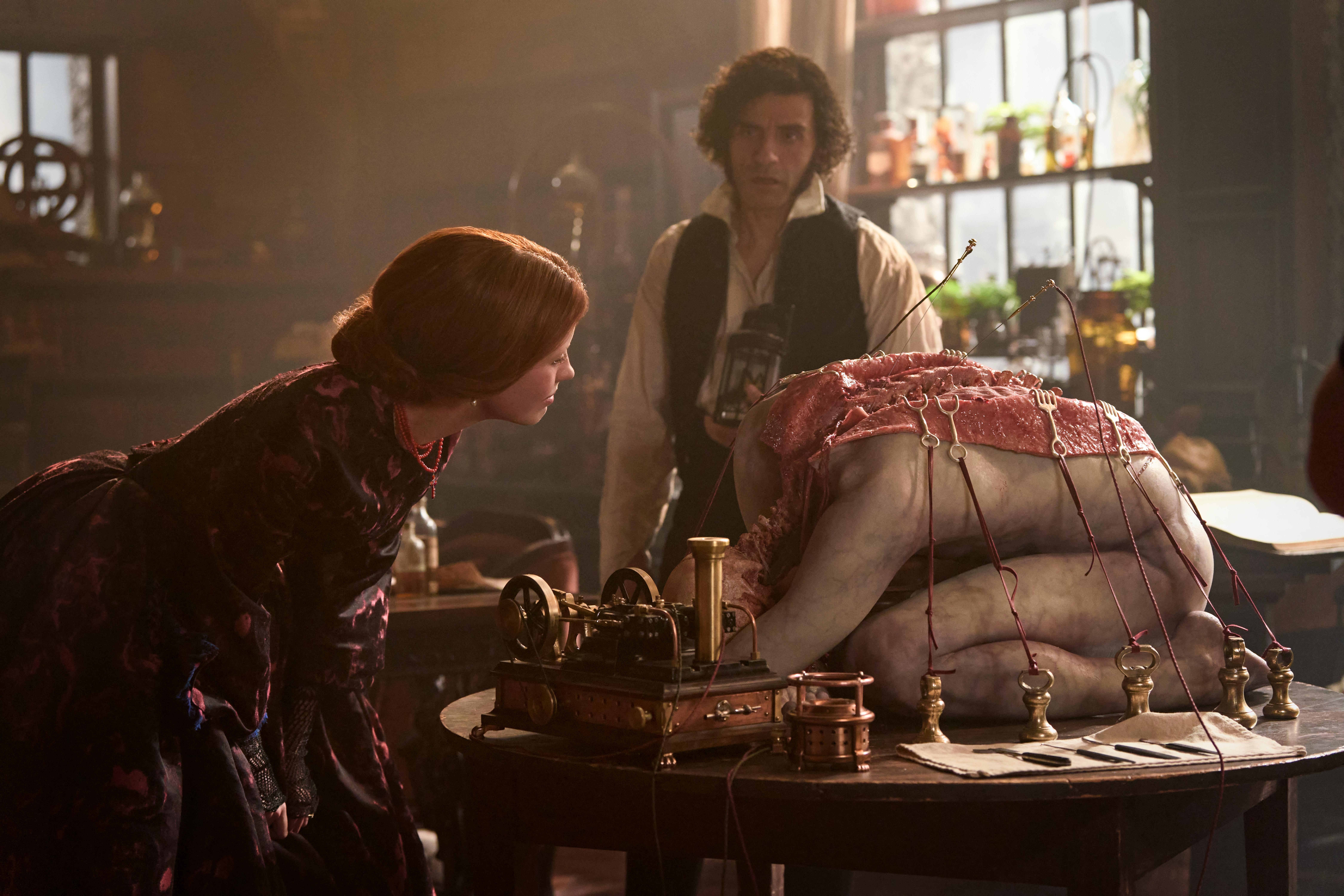 Courtesy of Netflix
Courtesy of NetflixAnother stand-out supporting performance is David Bradley, who portrays an older blind man that befriends The Creature and teaches him how to read. It’s a gentle, understated performance, a huge part of why The Creature’s tale is so heartbreaking in the second half of the film. Lars Mikkelsen, who portrays Captain Anderson of the trapped Horisont ship, is always a delight, and makes for a fun presence throughout the film whenever he appears. Lastly, the ever incredible Charles Dance plays Victor’s father, Leopold, a cold and demanding presence, who makes the most of his relatively minimal screentime. His shadow looms over the rest of the film, informing every decision his son makes for better or worse.
Jacob Elordi is the real star of the film, delivering a truly magnificent performance. It’s hard to imagine that he wasn’t the original casting for The Creature, because he embodies it so wholeheartedly that it’s impossible to see anyone else. He lends an intense physicality to the role, contorting his body to make The Creature feel simultaneously huge and child-like. His eyes portray an innocence and a desperate need for love and adoration that will melt even the most stoic viewer, and as he learns to speak he lends a powerful quality to the dialogue. Infusing a Yorkshire accent into his speech patterns, he talks deliberately and makes every word count, truly allowing the dialogue and his performance to shine. The makeup is stunning, lending a porcelain like quality to The Creature that gives off the impression he will shatter if hit too hard. He is a being of scars and necrotic tissue, sewn together, with raw bleeding wounds and mismatched, doll-like eyes. Del Toro has made a career out of carving empathy for monsters, and he has created one of his most heartfelt and humane yet. It’s a remarkable performance, one that I would shower with awards acknowledgements if I had the power to do so.
 Courtesy of Netflix
Courtesy of NetflixThematically, as well as reframing the narrative to be about fathers’ relationship with their sons, it also takes a very Catholic approach to the material, influenced by Del Toro’s upbringing. Christian theology death is a curse inflicted on all of humanity, the result of Adam and Eve’s disobedience, the same root cause for the original sin. The Creature, created from necrotic flesh, not ‘born’ in the natural sense, is free from the original sin, and thus is unable to die. His fate is all the more tragic because of this; even if he is to find love, companionship, or friendship, he will inevitably outlive them. He is truly and utterly alone in this world, without even the love of his creator, the one who brought him into existence, afflicting him with this curse. Victor, in this depiction, is a man incapable of real love. He does not receive it from his father, his mother dies young, his brother is at best a stranger, and Elizabeth scorns his affections. When The Creature is forced into existence, Victor has no idea how to treat it. He does not know what it means to love, to care for another, and abuses it, because that’s all he truly knows what to do. Thus, The Creature has to forge his one interpretation of love, based on the limited kindness shown to him by others, and ultimately tries to choose kindness, forgiveness and to live, in spite of his curse, in spite of his pain, in spite of the lack of acceptance he will inevitably face.
I will bleed… ache… suffer. You see? It will never end.
Harlander, like Victor’s father, is representative of the systems of patriarchal power that rigidly enforce a type of masculinity that ultimately leads to Victor’s downfall. If his father is representative of parental abuse and distant, cold male parental figures, then Harlander is the manipulative call of wealth and success as a means of fulfilling that void. Neither love nor money can truly resolve the hole in Victor’s soul, which is why he pursues Elizabeth. A kindred spirit to his mother, kind and patient, he is drawn to her perceived innocence and inherent goodwill. However, Elizabeth is not his mother, and has no obligation to give him unconditional love and adoration. She is horrified by his self-absorbed, volatile nature and finds herself drawn to The Creature, much like how she is drawn to insects and models of bodies. He’s emblematic of the innocence of nature, uncorrupted by greed or ambition. The only character who isn’t necessarily fleshed out very well is William, who mainly serves as a plot device, and I do wish his dynamic with Victor was elaborated upon more, apart from a central scene close to the conclusion of the film.
 Courtesy of Netflix
Courtesy of NetflixOverall, Frankenstein is a true labor of love, a passion project decades in the making unfurling before your eyes as you watch it. It is far from a ‘perfect’ film in any meaningful objective sense, but instead gets its power from a sort of emotional transparency that infuses every inch of the film. It’s maximalist, constantly ebbing and flowing and refusing to sit still. It’s sweeping, and gothic, and romantic, powered by one man’s quest to dominate nature out of spite, and one being’s quest to find acceptance. If you aren’t a fan of Guillermo Del Toro’s lavish style, I doubt this will be the film to convert you, because it’s Del Toro giving in to all of his desires entirely. I can’t help but respect that, and ultimately I found myself in a speechless state of awe, tears running down my cheek as I finished the film. It’s a beautiful film with a raw, bleeding heart at its centre, and if you’re like me, you’ll find it impossible to resist. Just like the awe-struck, monstrous creature at its centre, if you can appreciate it for what it is, you will be blessed with something truly beautiful.
I am obscene to you, but to myself, I simply am.





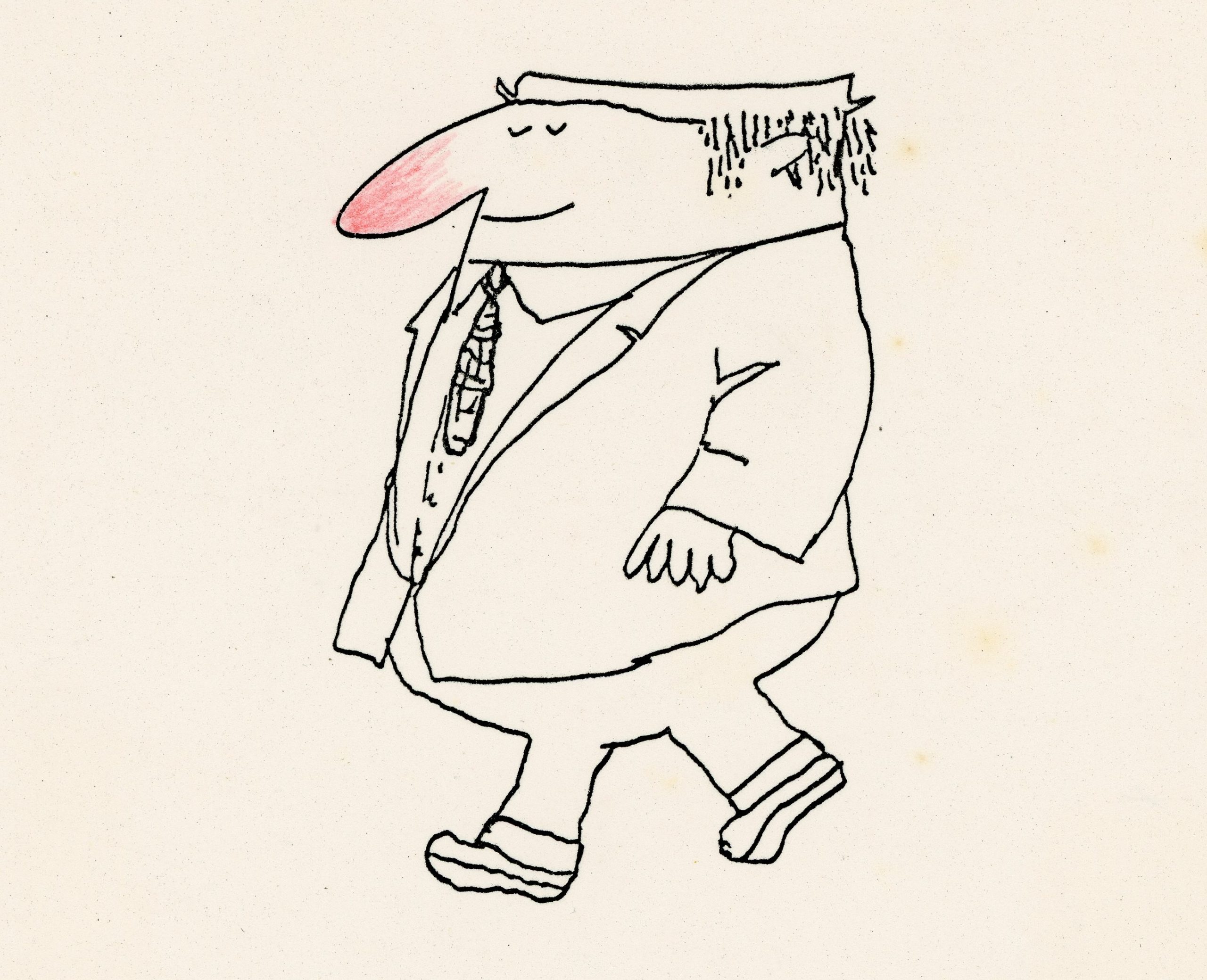
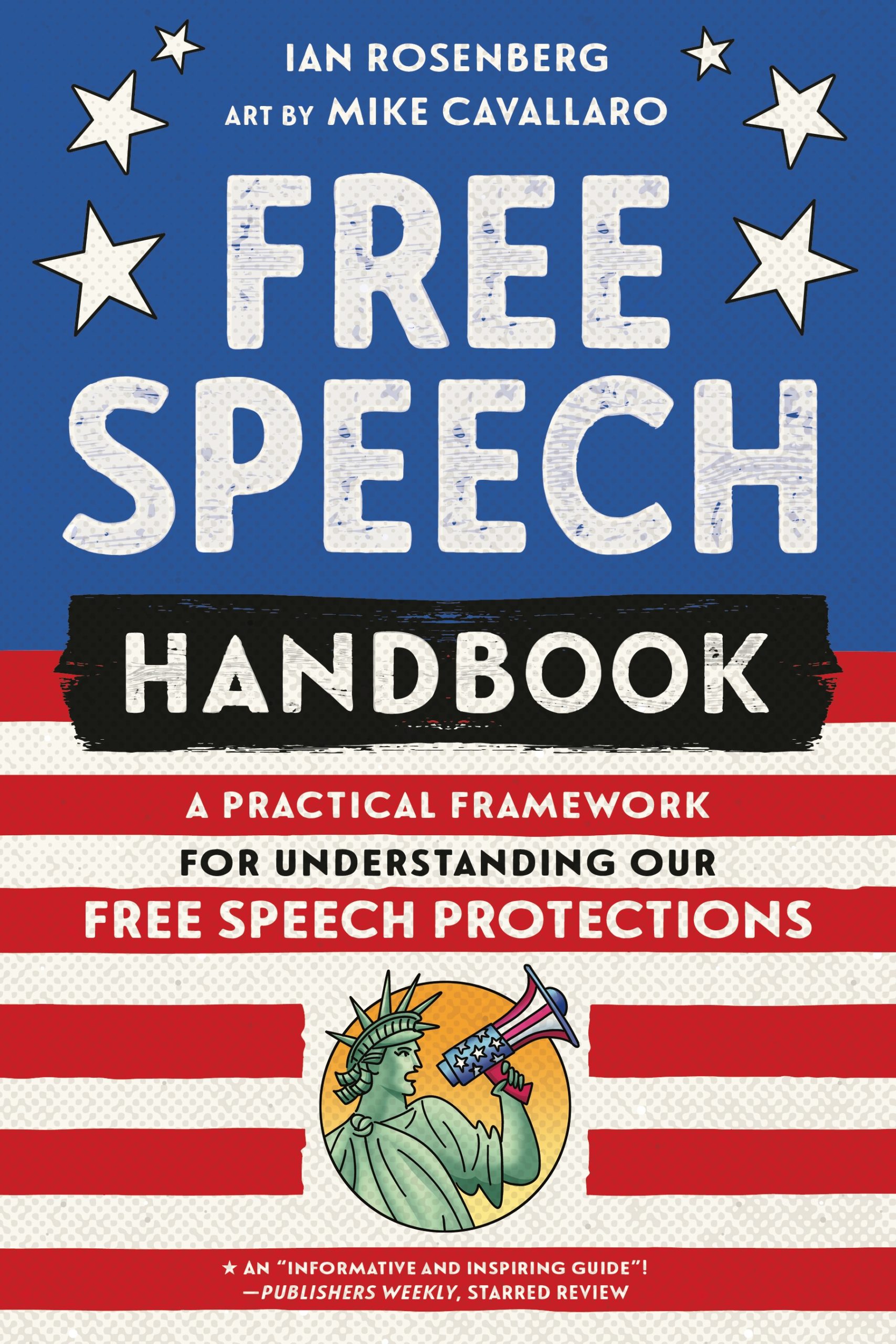






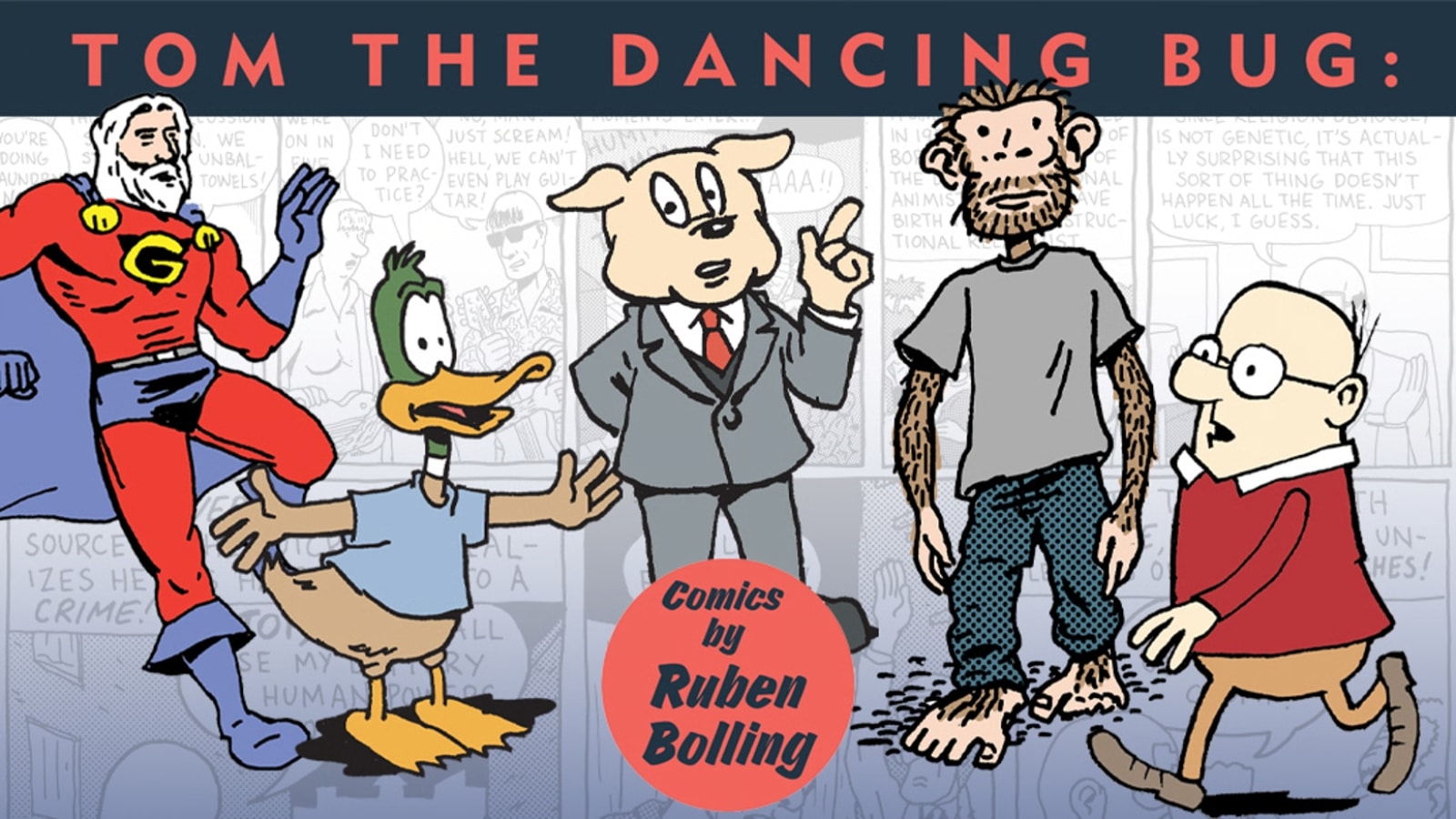
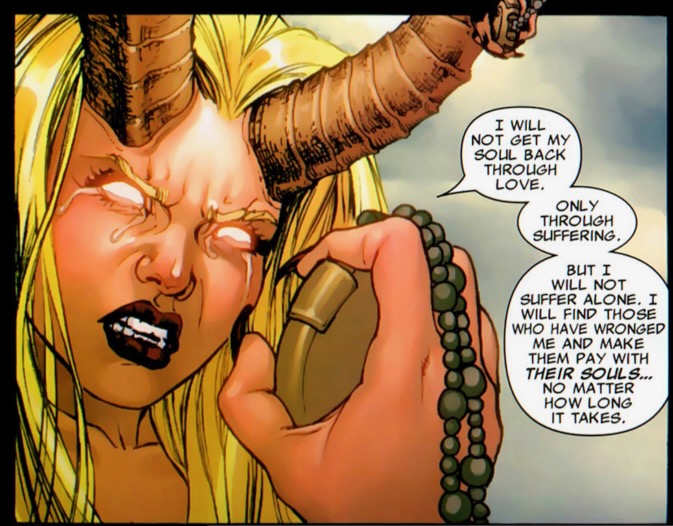






 English (US) ·
English (US) ·